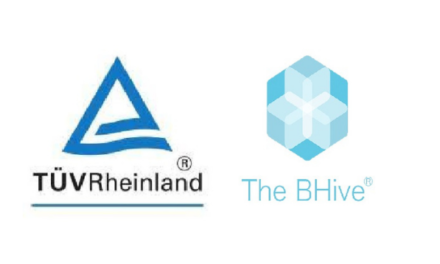 German development agency GIZ and Global Fashion Agenda (GFA) have announced their plans to tackle the issue of textile waste in Cambodia. The joint initiative aims to restructure the apparel waste sector, reduce the amount of textiles ending up in landfills and incineration, and explore circular business opportunities within the fashion sector.
German development agency GIZ and Global Fashion Agenda (GFA) have announced their plans to tackle the issue of textile waste in Cambodia. The joint initiative aims to restructure the apparel waste sector, reduce the amount of textiles ending up in landfills and incineration, and explore circular business opportunities within the fashion sector.
This effort follows a similar successful project launched in Bangladesh in 2020, bringing together recyclers, manufacturers, and brands to address the issue of textile waste.
The collaborative effort between GIZ and GFA involves the establishment of a Circular Fashion Project (CFP) in Cambodia. The CFP will focus on creating a more robust recycling infrastructure and exploring circular business models within the fashion industry. The ultimate goal is to develop sustainable waste practices that can be integrated into the apparel manufacturing value chain.
To kickstart the project, a pilot program has already been initiated. Brands, manufacturers, and recyclers are coming together in a collaborative effort to trial sustainable waste practices and develop a viable business model for post-industrial recycling. The pilot program, managed by GIZ, includes building capacity for apparel manufacturers to enhance sustainable waste management and segregation at the source. Additionally, the program aims to organize the collection of segregated waste from cutting processes by designated waste management and recycling companies.
GIZ is also working towards supporting the manufacture of recycled fibers that will be reintegrated back into the apparel manufacturing value chain. This will contribute to the circularity of the fashion industry and reduce dependence on virgin resources. The project team is also implementing digital traceability tools to monitor the movement of waste throughout the recycling process.
Cambodia’s textile industry is a significant contributor to the country’s economy, but it also generates a massive amount of textile waste. Approximately 140,000 tonnes of textile waste are generated annually, with the majority ending up in landfills or incinerated. This poses significant environmental and social challenges, making it crucial to find sustainable solutions.
The pilot project is scheduled to continue until June 2024, during which the project team will monitor and evaluate the feasibility of the recycling infrastructure and the circular business opportunities within Cambodia’s fashion sector. The aim is to establish a sustainable and scalable model that can be replicated in other countries facing similar challenges in the textile waste sector.
By collaborating with key stakeholders, including brands, manufacturers, recyclers, and industry associations, GIZ and GFA aim to drive meaningful change in Cambodia’s textile waste sector. The project’s success will not only contribute to reducing the environmental impact of the fashion industry but also support the country’s sustainable development goals.





















